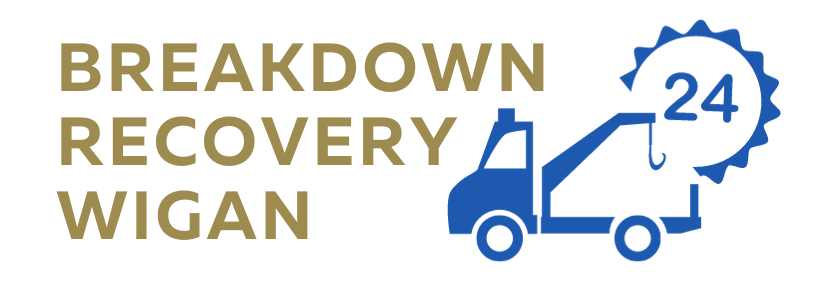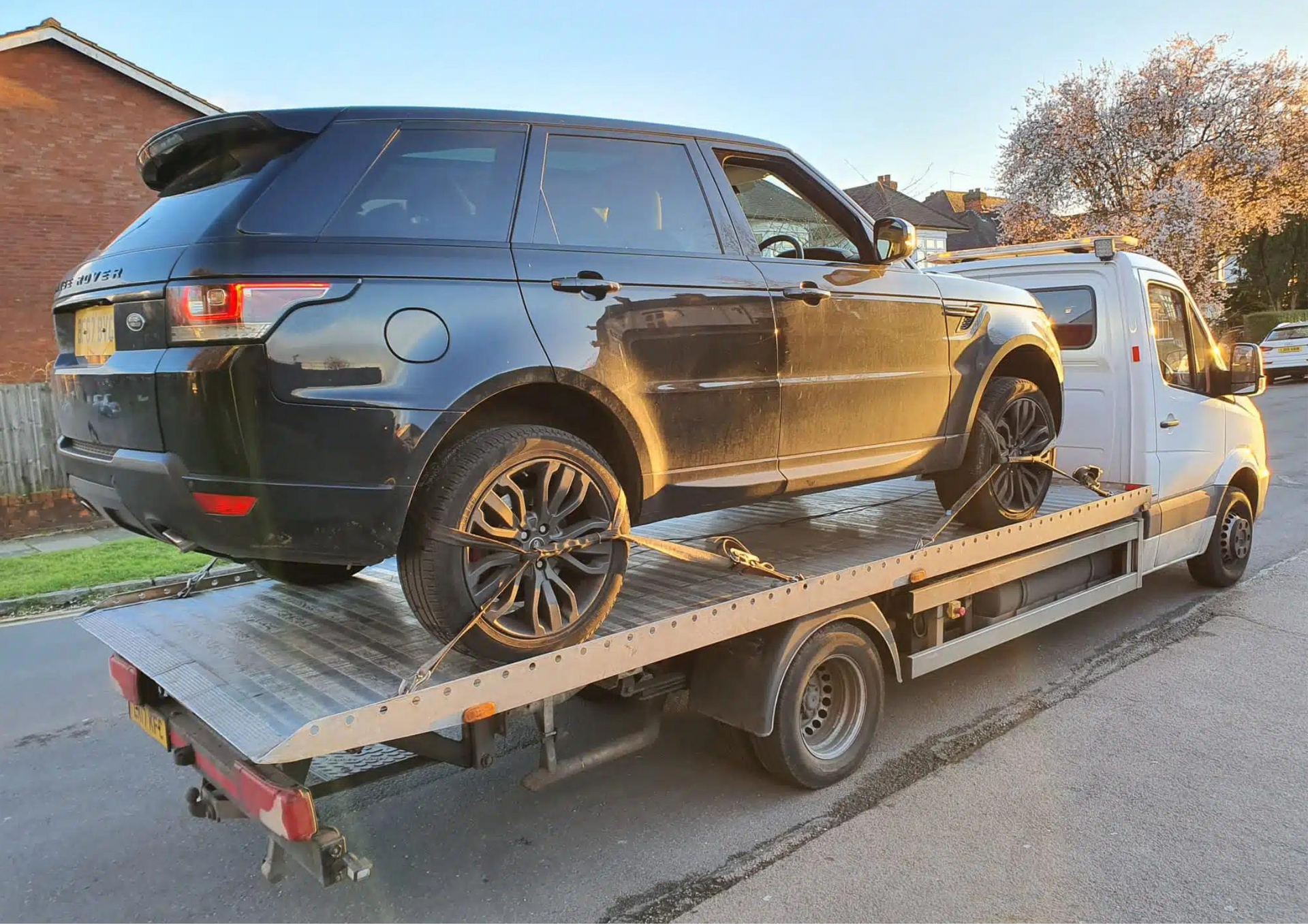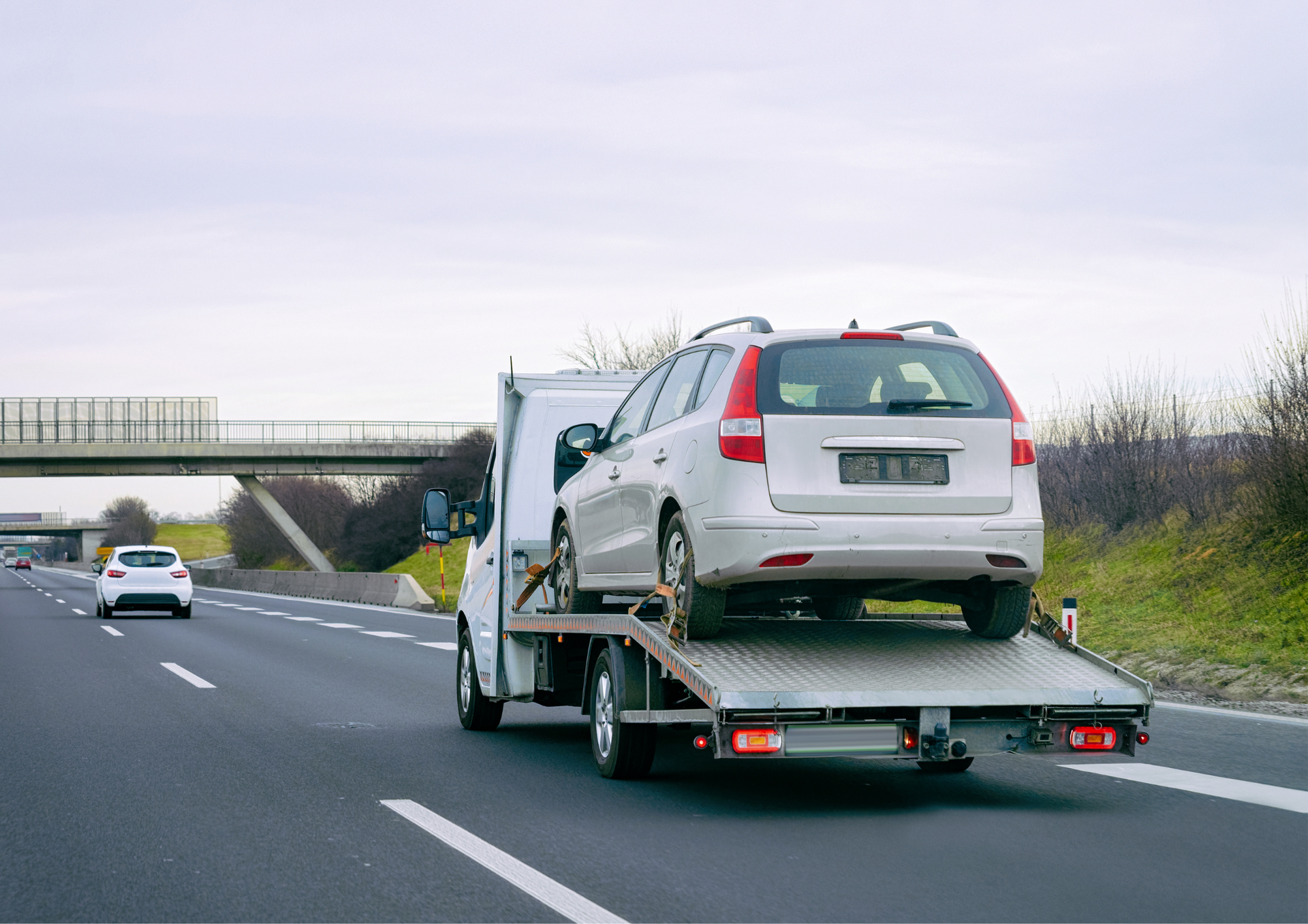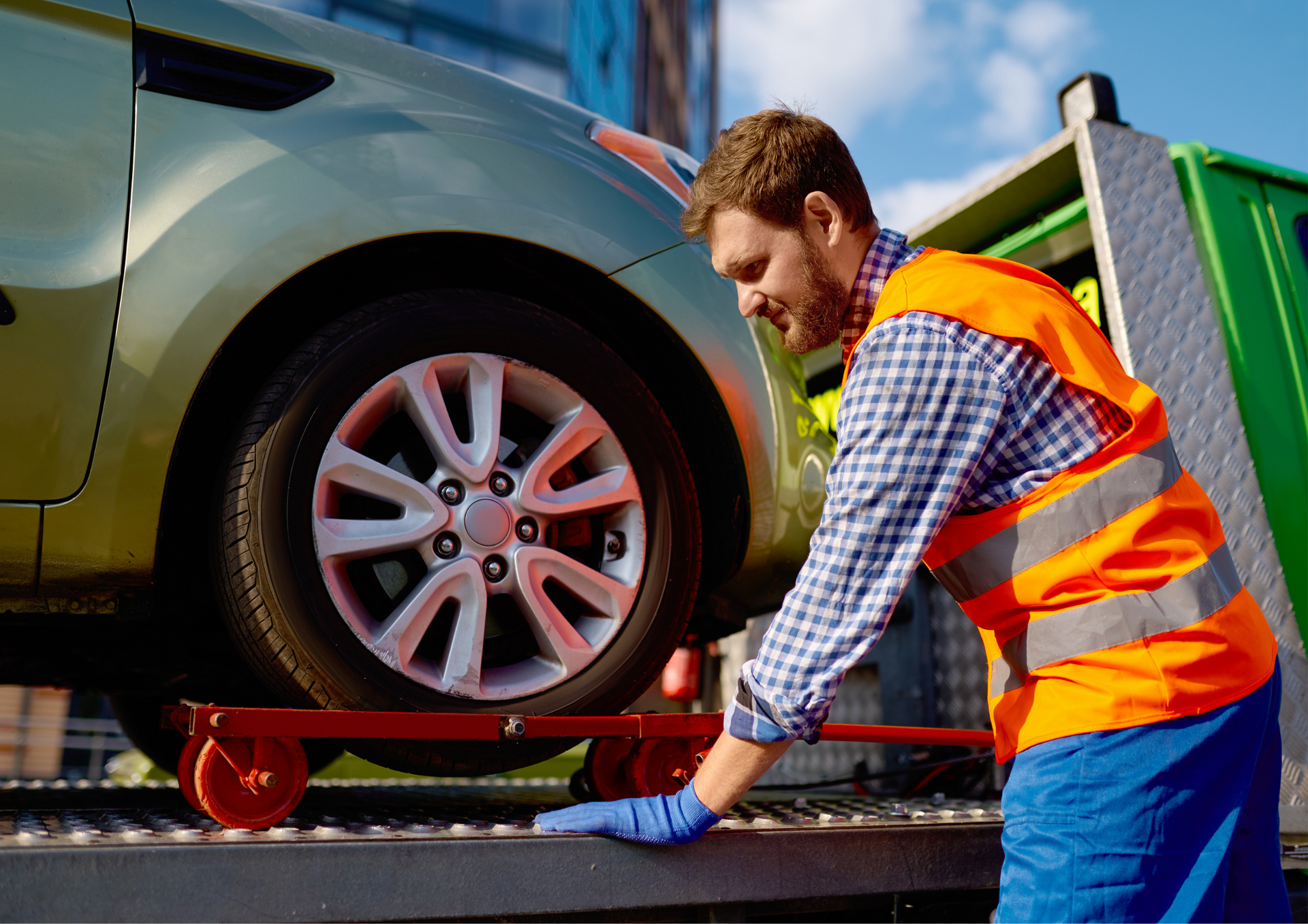The Environmental Impact of Vehicle Recovery Operations Today
Vehicle recovery services are a critical part of keeping Britain’s roads clear and motorists safe. Whether it’s a broken-down car on a busy motorway or a stranded van in a rural village, these operations ensure vehicles are moved quickly and safely to their next destination. However, as society becomes more aware of its environmental responsibilities, it’s important to assess the impact these essential services have on the planet.
From fuel consumption and carbon emissions to waste disposal and logistics, every part of the recovery process leaves a footprint. Fortunately, many service providers are taking steps towards greener operations. In this article, we’ll look at the environmental challenges of vehicle recovery and the practices being adopted to minimise harm while keeping the roads running smoothly.
Emissions from Recovery Vehicles
Recovery trucks are large, heavy-duty vehicles. They need to be powerful enough to tow a wide range of vehicles, from compact hatchbacks to large vans and buses. However, that power comes at a cost. These trucks tend to use diesel engines that emit high levels of CO₂ and nitrogen oxides (NOx), particularly when stuck in stop-start traffic or idling on motorways.
One common contributor to emissions is unnecessary mileage caused by inefficient call-out routes. When operations are not carefully coordinated, trucks may drive long distances to recover vehicles, sometimes overlapping with others. In busy areas or places with high traffic volumes, this problem is even more pronounced.
These inefficiencies not only waste fuel but also increase harmful emissions, making them a major concern for environmentally conscious recovery providers. In response, the industry is beginning to adopt cleaner vehicle models and invest in software that supports more efficient routing.
Sustainable Vehicle Recovery Fleets
Some companies are investing in cleaner technology to make their vehicle recovery fleets more sustainable. Hybrid and electric recovery trucks, although still relatively new in the market, are being trialled in some urban environments. These greener models significantly reduce local emissions, especially in built-up areas where air quality is a concern.
In addition, recovery providers are starting to modernise their fleets with Euro 6-compliant engines, which produce fewer emissions than older models. Preventive maintenance is also key. Well-maintained engines burn fuel more efficiently and emit fewer pollutants, while under-inflated tyres and worn components can reduce fuel economy.
Efficient dispatch systems also play a role. By using GPS and real-time traffic data, operators can send the nearest available truck, reducing time on the road and unnecessary emissions. These small operational changes can result in a significant environmental gain when applied consistently.
Eco-Conscious Recovery Techniques
Beyond the vehicles themselves, there are ways to make recovery methods more environmentally friendly. One important area is reducing engine idling during recovery. Leaving engines running while securing a car or waiting for clearance can waste fuel and increase emissions, especially when done multiple times a day.
Another positive shift is the adoption of lighter trailers and winching equipment. This helps reduce the strain on the towing vehicle, lowering fuel usage. Recovery firms are also embracing software that helps them optimise journeys and schedule jobs in a way that avoids unnecessary trips.
Searches for car breakdown recovery often focus on speed and convenience, but eco-conscious motorists are starting to consider the environmental impact too. Choosing providers that implement greener practices is one way drivers can make more sustainable decisions when breakdowns occur.
Recycling and Waste Management
Environmental responsibility doesn’t end once the vehicle is towed. After vehicle recovery, there are often fluids, parts, or debris that need to be handled correctly. If not managed responsibly, these materials can contaminate soil and water or end up in landfill sites unnecessarily.
Forward-thinking recovery companies are partnering with recycling firms and authorised treatment facilities to ensure parts such as batteries, tyres, and oil filters are disposed of in an eco-friendly manner. Hazardous waste, like coolant or transmission fluid, must be stored, transported, and processed carefully to meet environmental regulations.
When searching for options like car recovery prices, many customers overlook what happens behind the scenes. But sustainable waste management is a key part of responsible recovery operations and should be a consideration when choosing a service.
Supporting Greener Choices for Drivers
Sustainability in recovery operations isn’t just about the providers; it also involves supporting drivers in making better decisions. Encouraging regular vehicle maintenance can reduce the chance of breakdowns, saving the environmental cost of a recovery trip altogether.
Additionally, some companies are beginning to partner with eco-friendly garages and repair centres, further promoting sustainability in the aftercare process. These garages use energy-efficient equipment, recycle more parts, and comply with higher environmental standards.
Many motorists search for terms like cheapest car recovery, but price should not be the only factor when selecting a provider. A business committed to sustainability may offer more value in the long run by supporting greener practices and reducing the collective impact of each recovery.
The environmental impact of vehicle recovery services is a growing concern in a world where sustainability matters more than ever. From fuel emissions to waste management, the industry faces several challenges—but also exciting opportunities for change.
Fleet upgrades, efficient route planning, smarter waste disposal, and partnerships with eco-friendly garages are just some of the ways the industry is evolving. Although recovery operations can never be entirely emission-free, many providers are working hard to make each call-out as environmentally responsible as possible.
As the demand for reliable and fast recovery services continues, the hope is that green innovation will become the standard rather than the exception. By making small but meaningful adjustments, the sector can continue to help drivers in need—without placing unnecessary strain on the planet.
At Breakdown Recovery Wigan, we take pride in delivering professional, dependable service to every motorist who calls us. Our commitment goes beyond simply getting your vehicle from A to B. We’re focused on providing a smooth, eco-aware recovery experience with every job.
We operate with efficient dispatch systems to minimise fuel usage and time on the road. Our team is trained to use environmentally sound recovery methods, and we partner with reputable facilities for safe disposal and recycling of vehicle components.
Whether you’re a car driver, van owner, or bus operator in or around Wigan, you can trust us to treat your vehicle with care and act with responsibility towards the environment. If you’re searching online for vehicle recovery near me, know that Breakdown Recovery Wigan is a name you can rely on—professional, fast, and environmentally conscious.
Quick read:
Vehicle Recovery’s Environmental Impact – What You Should Know



